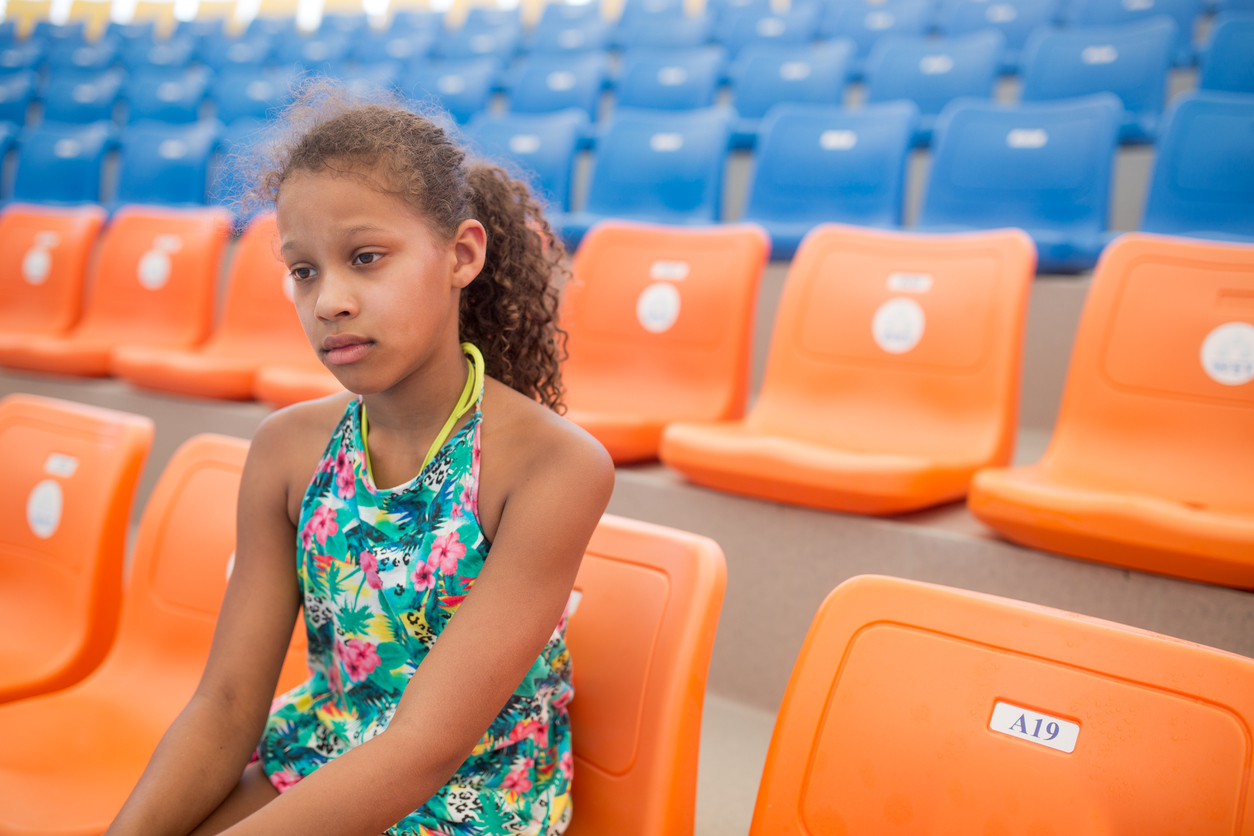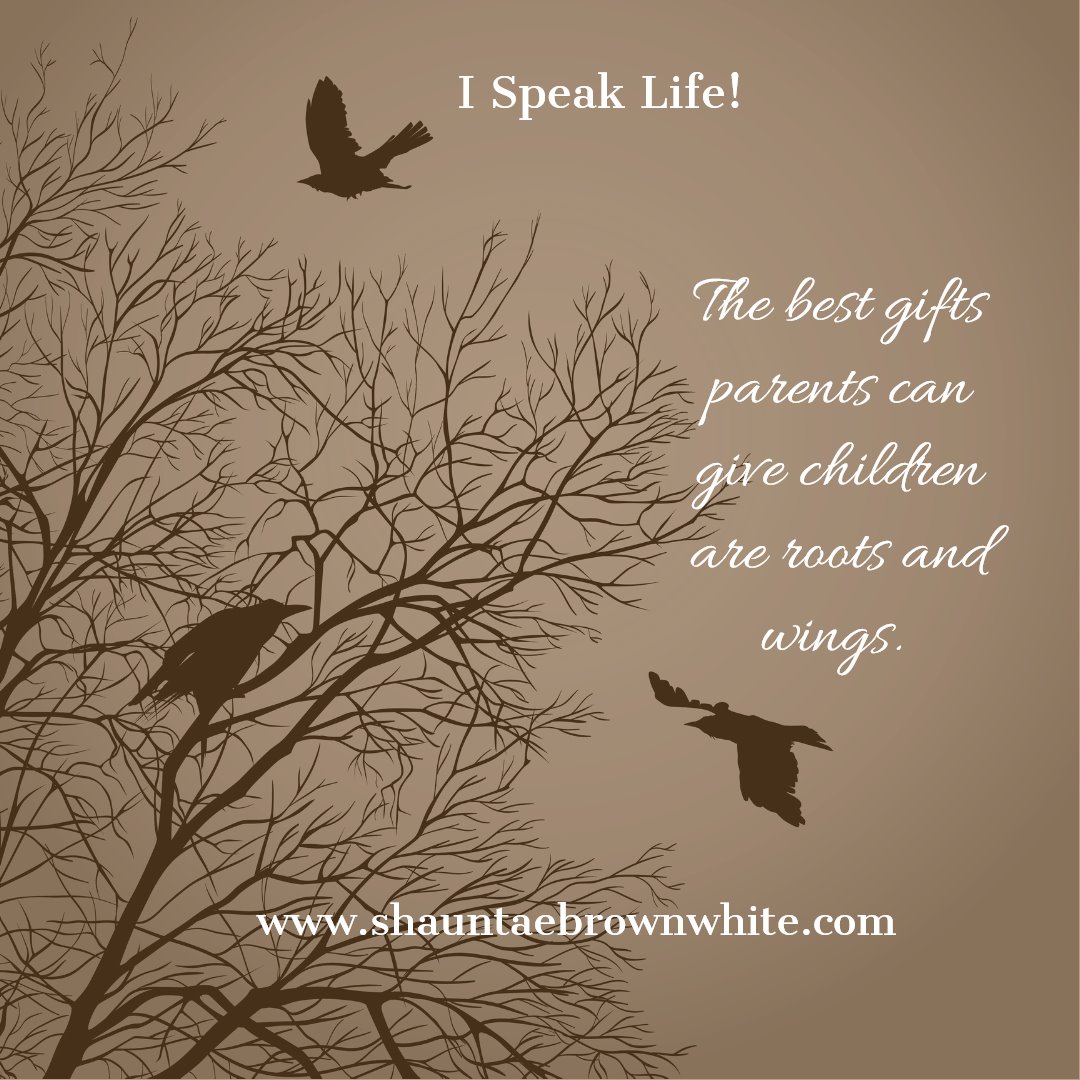At the end of the school year, my 11 year-old daughter announced to me that she and most of her friends, including her two best school friends, would audition for the drama and dance middle school class elective next school year. My baby is smart, gifted, and a great speaker, but this was area where I have yet to see promise. I am not saying she doesn’t have it; I am just saying I have not seen it. I feared that two of the three friends would be selected consequently leaving one out. My fears were confirmed, and it was my daughter who was not selected. My 14 year-old texted me to tell me the news and that her sister was really down. On my way home, I prepared for how I would encourage her.
I walked in, gave her a big hug, let her shed her tears and then I announced, “We are going to celebrate! We are going to get ice cream!”
She responded, “Celebrate what? There is nothing to celebrate.”
“We are going to celebrate your first of many rejections; we are going to learn how to take it like a champ!”
She wasn’t really buying it, but her sister, her college-aged babysitter, and I went for ice cream and shared our many life’s rejections and how we bounced back. Whether it is a talent audition, sports competition or academic pursuits, seeing your child disappointed and or hurt is hard to watch. However, parents must give our children tools to navigate this inevitable life experience. Here are four ways to do so:
- Accept that you will not always win, be number one, or be selected. Everyone has gifts and talents, but no one is gifted and talented in everything. One of our jobs as parents is to help our children discover their gifts. That also means there will be many instances where our children simply won’t be number one, and we have to empower them to know and accept that. The emphasis should always be on them doing their best, and their best should be good enough for us and them even if it doesn’t lead to being number one. There are times when we can learn from our losses in order to do better. There are other times someone else is better than our best.
- In order to be the best, you have to put in the work. Even in the areas in which our children are gifted, they still have to put in the work to be at the top of their game. This same daughter has a knack for spelling. She has won several spelling bees at school and church. When she was in the fourth grade, she won the school spelling bee and placed second in the district. What I admire about her is she made everyone in the house quiz her daily. There were a set of words in each car and always in her book bag. She put in the work. If you want to make the honor roll, you need to study. If you want to win the competition, you need to practice. You need to do those things even if you are gifted in a particular area.
- Allow them to feel and express their disappointment. When our children do lose and are not selected, we need to give them the space to mourn the loss. While they can’t wallow in it, we have to allow them to feel what they feel, be able to express it, and we acknowledge their feelings are real. “Sucking it up and moving on” is only appropriate when we give them some time to process the loss. Each loss is different. In some cases it can be a few minutes, and in others, it will take longer. When we don’t allow children to be honest about how they feel and free to express it, it just leads to being an adult who is not able to process his or her feelings.
- Learn to win and lose with grace. When our children win, they must learn to show good sportsmanship and be gracious to others who did not. The same goes for when they lose. Fortunately, my daughter found out she was not selected for drama and dance right before carpool on Friday. That gave us a couple of days to work through it. I told her she had to call her good friend to congratulate her. She said, “I’m not doing that,” and she was pretty adamant about it for 36 hours. I explained to her that she would want her friend to celebrate her if the shoe were on the other foot. Finally, she settled for texting her a congratulatory message. Even though this is someone she talks to 99 times a day, that was the best she could do then. I was ok with that for an 11 year-old response. But, if she cannot win or lose with grace at 21, 31 or 41, I will have failed to have taught her a valuable life lesson on winning and losing like a champ.
Loss and rejection are a part of life. Helping our children navigate the “thrill of victory and the agony of defeat” is an important life skill. When children learn that, they are empowered to do honest self-reflection and think about that ways they can improve. It also helps them to assess when they have done their best and accept when someone is better.







